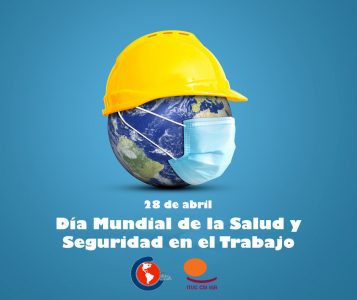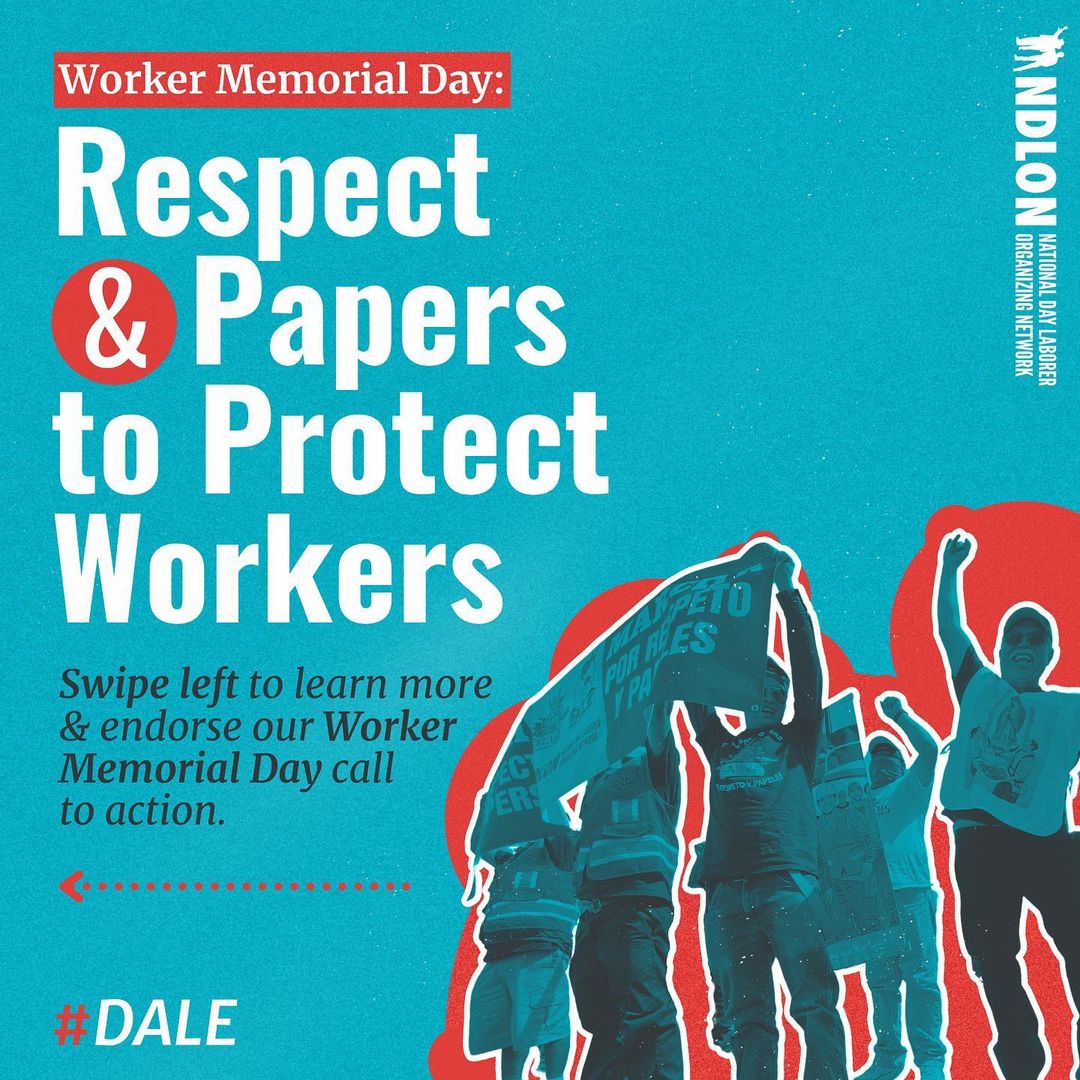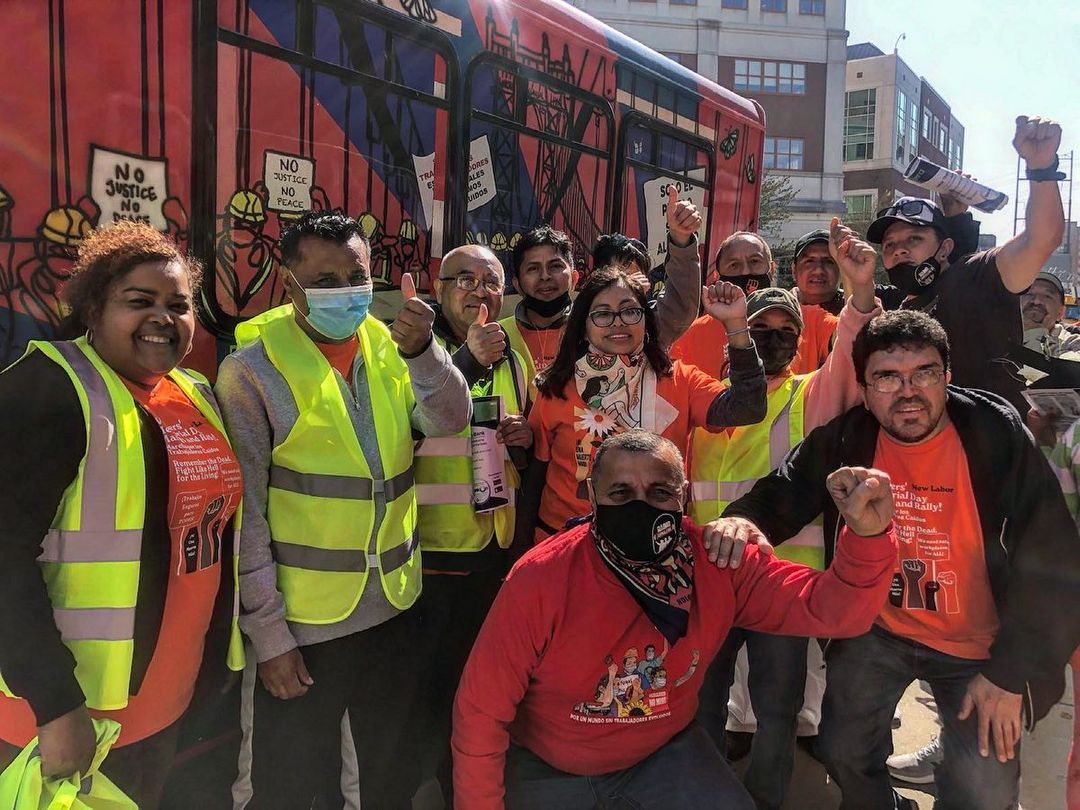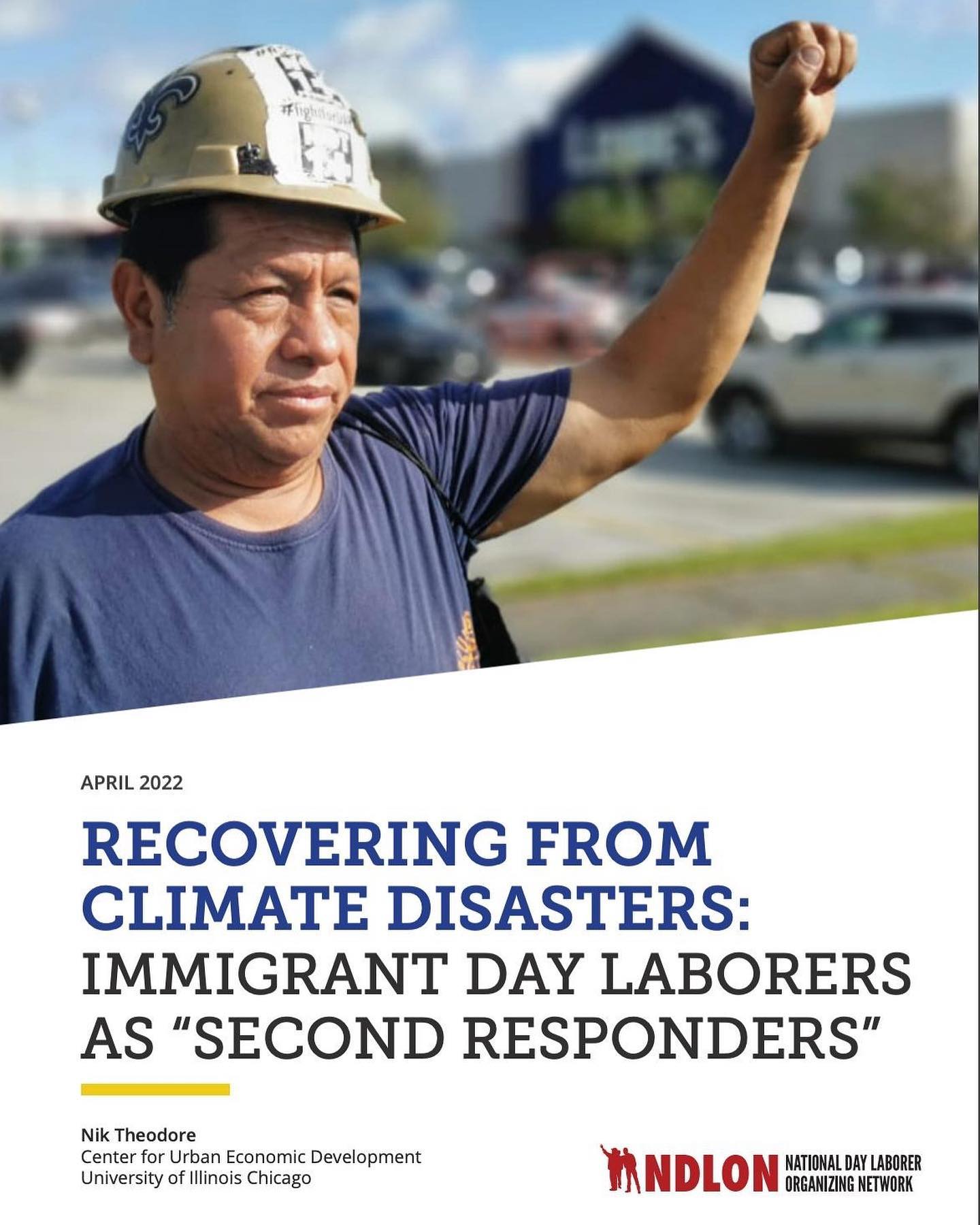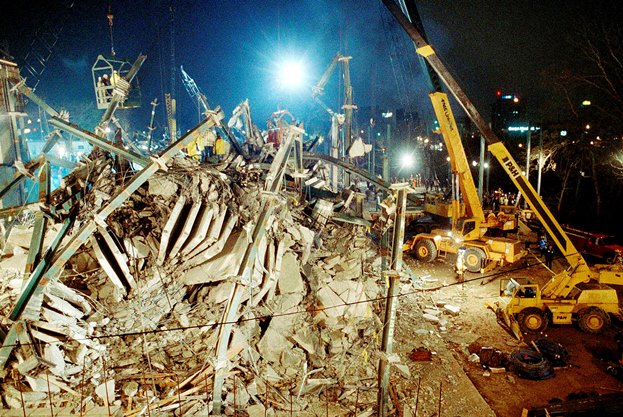La Confederación Sindical de trabajadoras y trabajadores de las Américas (CSA), en el marco del Día Mundial de la Seguridad y Salud en el Trabajo (SST), refuerza la importancia de la concientización sobre esta temática, recuerda a los/as trabajadores/as fallecidos/as y enfermas/os producto del trabajo y promueve la iniciativa de incorporar a la SST dentro de los Derechos y Principios Fundamentales de la OIT.
De acuerdo con el informe de la OIT “Fomentar el diálogo social para una cultura de seguridad y salud”, cerca de 2,9 millones de trabajadores y trabajadoras mueren anualmente debido a accidentes y enfermedades en el trabajo y alrededor de 402 millones sufren lesiones no mortales. La crisis sanitaria planteó la urgente necesidad de combatir los principales factores de riesgos que aumentan estas cifras cada año y visibilizó la importancia de contar con políticas nacionales de prevención para luchar contra este problema.
El principal factor de riesgo se encuentra en las largas jornadas laborales, algo que la pandemia ha vuelto a colocar en el centro del debate. Con la restricción a la movilidad y la consecuente implementación abrupta del teletrabajo, la extensión de la jornada se ha instalado de forma silenciosa y sin normas nacionales actualizadas para regular la situación. Esto ha aparejado la agudización de enfermedades profesionales físicas y psicológicas por el estrés y agotamiento, hecho éste facilitado por la utilización de diversas herramientas tecnológicas que terminan causando un monitoreo constante de los trabajadores y las trabajadoras.
Desde el movimiento sindical de la región, volvemos a reiterar la importancia del derecho a la desconexión. El hecho que la fronteras espaciales y temporales se desdibujen con el trabajo a distancia no debe significar una violación a los derechos laborales básicos. Por este motivo, el pago por parte del empleador de los gastos en equipamientos y servicios para trabajar a distancia, el respeto a la privacidad del hogar, el cuidado de la salud físico-emocional de los y las trabajadoras y el derecho a desconectarse, deben seguir estando presentes en la lucha sindical.
Los Convenios Internacionales de la OIT como el 155, 161 y 187 son instrumentos esenciales al momento de regular la SST y debemos continuar fomentando sus ratificaciones. Desde el movimiento sindical de la región, también contamos con dos instrumentos sociopolíticos como son la PLADA (Plataforma de Desarrollo de las Américas) y la ESSLA (Estrategia Sindical en Salud Laboral para las Américas), que debemos reforzar. La salud laboral es un derecho humano fundamental y debemos fomentar sistemas nacionales de protección social universales, públicos y solidarios que incorporen a la SST como pilar.
Para lograr este objetivo, la CSA apoya la iniciativa de la CSI (Confederación Sindical Internacional) de buscar que la SST sea incorporada en la Declaración relativa a los Principios y Derechos Fundamentales en el Trabajo de 1998 que actualmente contempla el derecho a la libertad sindical y negociación colectiva, la eliminación de todas las formas de trabajo forzoso, la abolición efectiva del trabajo infantil y la eliminación de la discriminación en materia de empleo y ocupación. Esto implicará que los Estados miembros deban respetar este derecho, al margen de que hayan ratificado o no los convenios específicos en la materia.
Por estos motivos, y en consonancia con la promoción del tripartismo y el diálogo social que están fomentando desde la OIT para avanzar en este tema, esperamos que, en la próxima Conferencia Internacional del Trabajo, las partes logren la aprobación de la SST como Principio y Derecho Fundamental del Trabajo para dar así un gran paso en esta lucha que afecta las vidas de millones personas.
Source: La Confederación Sindical de Trabajadores y Trabajadoras de las Americas (CSA)
